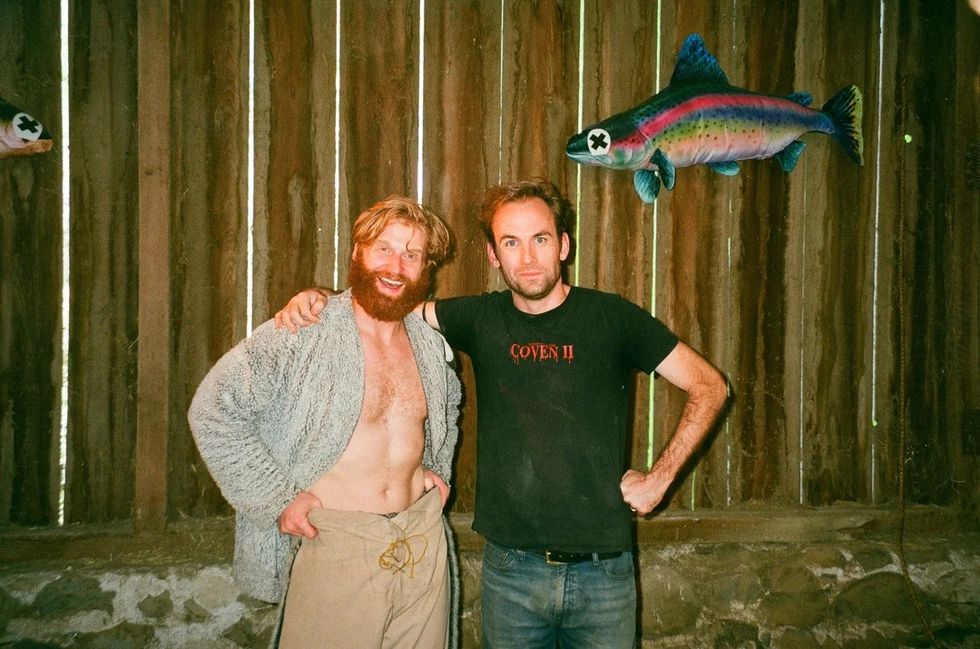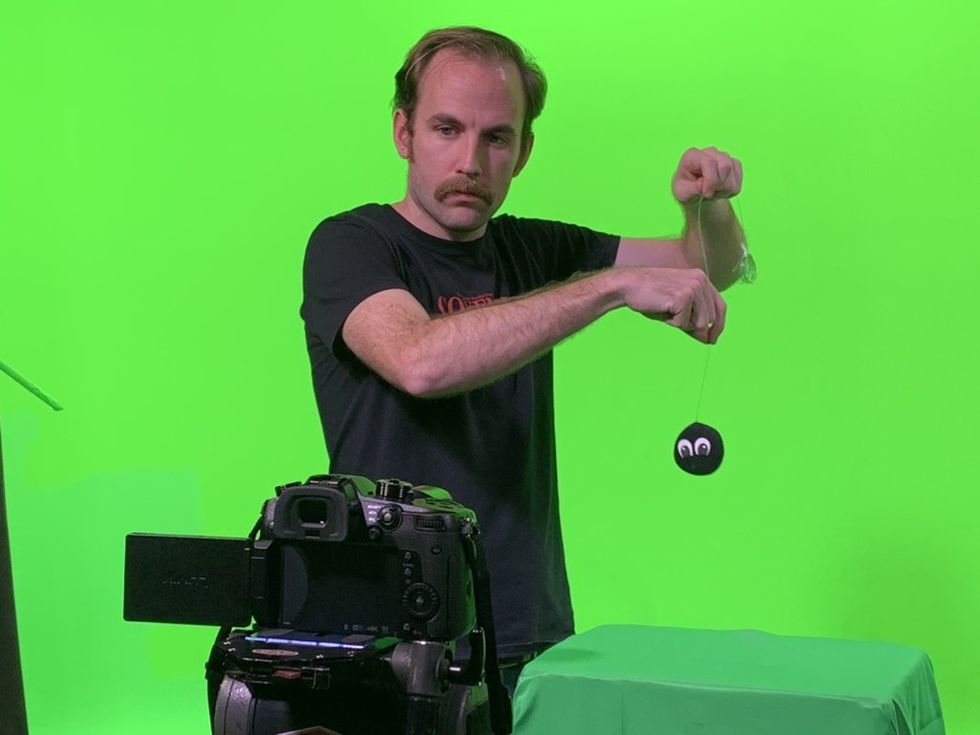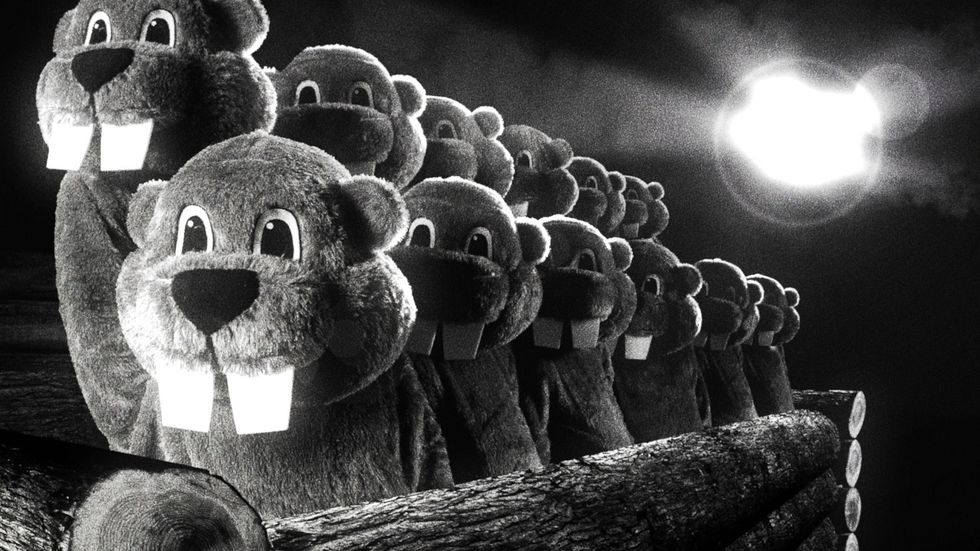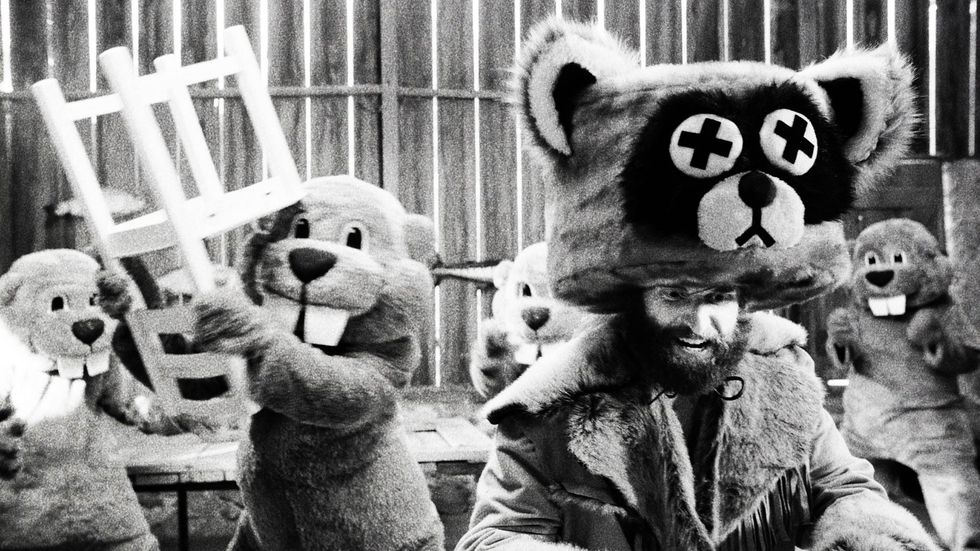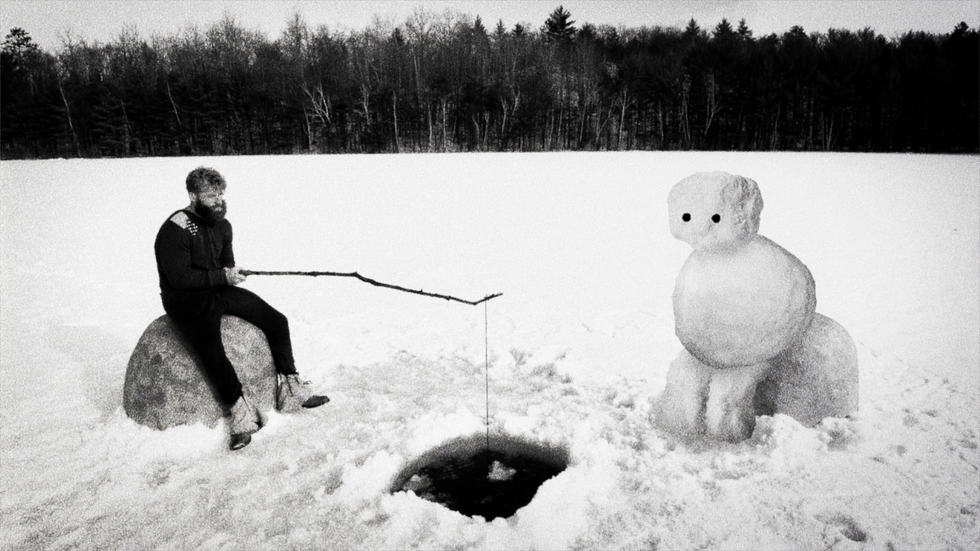4 Things Your Movie Needs If You Want It at Sundance
Sundance is one of the most prestigious film festivals in the world. It's a top target for filmmakers everywhere. How can you get your project in?
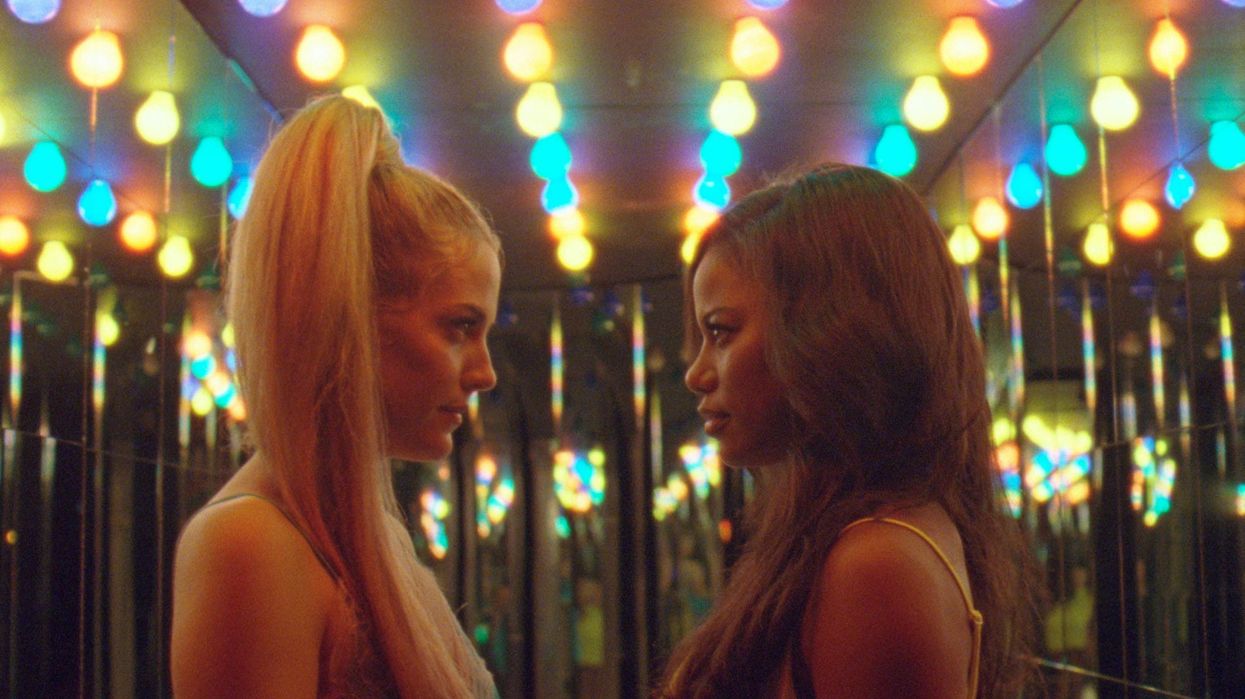
Here is the thing: we've done the research.
We've covered a lot of Sundance Festivals, but more importantly than just attending and seeing the films there, I've spoken in-depth and at length, on the record and off, with programmers, senior programmers, screeners, filmmakers, founders, and directors.
In the process, I've boiled it all down to four key things you need to get your project to Sundance.
I have done this to report on it and share it for you, but I've also taken the time to perform a little critical analysis for your benefit.
For everyone's benefit.
Why?
Because I want everyone to know if they have a chance, how they can have a chance, and what not to waste the submission fees on.
Because Sundance is not the be-all-end-all, it's just one (amazing) way to get your project seen. There are many others. Here at No Film School, we will continue to make it our mission to help you find the other ways. Both new and old.
But today we're talking about the Sundance way, and I'm going to break down for you in no uncertain terms the recipe for success or failure at Sundance. Some of these things will seem like no-brainers, but I want to share them anyway.
I hope that all present and future applications and filmmakers can use this advice, as it's filtered through me from those in and around the festival to create better stuff and have better success with it in whatever angle they pursue.
So here we go—the Sundance Film Festival Cheat Sheet.
Aim for the Stars
News flash. Movie stars matter.
This is the most obvious thing in the world. And yet... it's amazing how it can be overlooked or even undervalued. The key point here is NOT that this is a star-driven industry. Because duh.
The key point is why.
Tom Cruise gets movies made, as you know, because he can bring people to theaters. Lots of people want to see Tom Cruise. But chances are you can't get Tom Cruise.
What is it about him?
Yes, he's familiar and established. But he's charismatic. Talented. Fun to watch.
When you set out to make an indie short or feature, aim for the stars by writing for the stars. Who can you picture in that part? Can you cold email them? Can you cold email a producer who might help get them? If you attach a name, it helps in obvious ways.
But did you also consider that even if you get into Sundance, you need to make sure people want to go see your film at Sundance? There are a lot of films playing in Park City every year. What makes someone choose one over the other?
Buzz... but also names. The talent they want to see or enjoy.
This year there were projects starring Aubrey Plaza, Alison Brie, Ethan Hawke, Will Ferrell, Julia Louis Dryfus... plus many more. And they were all involved in various projects for different reasons.
The Last Shift starred Richard Jenkins. He is a great talent, a familiar one to many audiences. It was a unique role for him... a powerful one he might not get the chance to play elsewhere. Aubrey Plaza got to show audiences her range in Black Bear. It allowed her to expand beyond what she's known for.
There are reasons stars, names, and faces might consider your project. There are reasons beyond raising money or getting the movie made to get a star.
A big one?
It'll also make the project better because stars are GOOD. They are exceedingly watchable. Aubrey Plaza doesn't necessarily open movies overseas, but she's amazing to watch.
Okay, so what do you do if none of those folks are available to you? None of your emails got answers?
You make sure you cast someone amazing in a role they shine in. You find and make YOUR OWN star.
Every star came from somewhere. Find someone who can star in your movie and not just be good enough in it, but can hold attention and has a great presence—someone with charisma, who grabs the viewer and engages with them.
If you don't have this, your project won't sustain interest. You don't need an established star, but you then need to establish a new one.
Sounds hard, right?
Well, you didn't get into making movies because it was easy. And if you did, you picked the wrong profession.
Your Story, Your Voice, Your POV
This is echoed by everyone at and around Sundance, and it's more complex than you'd think.
First off, what does it mean? It means you need to tell a story you know. Sort of like 'write what you know' but deeper than that. Write your truth, your experience, in a way that only you can. That comes from your heart. Lay it all out on the page and the screen.
You hear the phrase 'fake it til you make it' a lot in the industry. It probably won't work here to fake it.
Programmers need to see 'voice'. Another way to put it is: perspective. What's your 'take' on things? In the world? In a situation? On a character?
Don't paint by numbers. Maybe you can do that for your plot, but it's not advised. Shoot from the hip. Go for the jugular. Your OWN jugular.
What makes you feel? And think? And wonder? And get inspired? What makes you angry? Sad? Hateful?
If you want to get to Sundance, your story needs to be busting at the seams. Like if it doesn't get told... you might explode.
If you can fake that, more power to you, but remember the programmers and screeners see a lot of these. Every year. They know the real deal from the not real deal better than you and I can ever hope to.
Make sure that real place is where you're coming from if you apply to Sundance. Make sure your story isn't super-duper familiar. Programmers and screeners see a lot of the same types of stories that are not only genuine to the filmmaker but are also genuine to a lot of filmmakers.
So, if your story is one about a struggling filmmaker... chances are a lot of filmmakers have the same story. Odds for you getting in are dropping.
Do you have a story/POV that few other filmmakers have?
Break Shit
Rules are made to be broken. Maybe not in the multiplex, but at the film festival. You should master the tools, the structure, the expectations. But you should also blow the walls apart, tear down the structures, open up new creative possibilities, and surprise people.
Every film festival programmer, screener, and attendee wants to see something new and different. Stand out. Step outside the norm. Break with convention.
How can you tell your story in a new way structurally? How can you fuck with the language of cinema? Please... we're all begging you. Change things up. Give us something new and fresh. Your most flaming hot takes in visual grammar.
Of course, you can go too far with this and make audiences sick or disinterested. But there are ways to tie it to meaning and character and story that count and work. Find those places.
This year at Sundance, there were multiple movies that broke with convention and challenged audiences to experience something different through the cinematic language. Those stood out from the crowd.
What's your issue?
It's important that your story is told. Otherwise, why tell it? Why pick it from thousands of others? Why try and share it with the world?
Horse Girl, for example, is a story about mental health. That's an 'issue movie' even if it's not hitting audiences over the head with a political statement. Sundance wants voices, and it wants stories that need to be told. That should be told.
Does your story eloquently articulate something of value to the world at large? An idea? A problem? A solution?
An experience?
The issue could be very personal and thus tied to your POV. It could also be something more general and applicable to the world.
Wrapping Up
So what do you need? A voice. A star. An issue. A new way of doing things.
You really should have all of these four things, and they should be combined in a symphonic manner. That's the best shot at Sundance. Something that genuinely, and articulately checks these boxes.
Of course, there are no guarantees, but I'm pretty confident if you can pull these things off in your project, you will get everyone's attention.
And the good news is if you do, Sundance isn't the only place for you. There are other fests and avenues to pursue. If you're getting these four things done, then you're most likely making important, unique movies that people will want to see.
So Sundance or not, I think these are great boxes to check for any project.
For more, see our ongoing list of coverage of the 2020 Sundance Film Festival.
No Film School's podcast and editorial coverage of the 2020 Sundance Film Festival is sponsored by SmallHD: real-time confidence for creatives and by RØDE Microphones – The Choice of Today's Creative Generation







